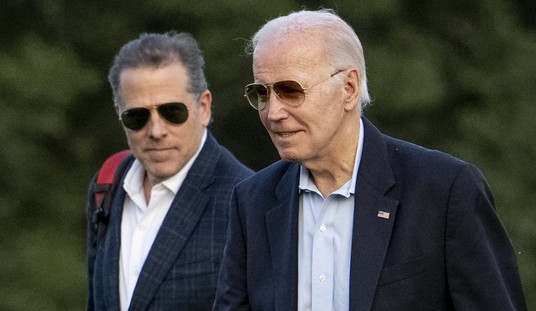One of the ongoing tactics of the left is to claim that vote fraud is not real. To quote the character Verbal in Usual Suspects:
Of course, vote fraud exists. There are people in prison for it now and during the 2016 Michigan recount 37% of Detroit’s precincts had more votes cast than there were registered voters. Several states have tried to increase ballot security by ensuring that only eligible voters are registered and that persons presenting themselves to vote are actually the voter. While the best known method are various Voter ID laws, there are other efforts to remove voters who are dead and who have moved from the jurisdiction from the voting rolls. Typically this is done by sending a series of letters to an address and then removing from the rolls voters whose letters are returned to the elections office. For very obvious political and cultural reasons, the Obama administration was an implaccable opponent of anything that kept the franchise limited to eligible voters.
One of the major cases heading toward the US Supreme Court is from Ohio and called Husted v. A. Philip Randolph Institute. Here, Ohio is being sued to force it to stop using mail as a way of validating the existence of a voter. This case is both important and petty. It is important because Ohio is being sued because it is actually cleaning up its voter rolls. It is petty because if a voter is stricken from the rolls, they are still able, under federal law, to cast a provisional ballot. So the theoretical inconvenience of a handful of voters is said to outweigh the value of every other vote cast.
Back in September, the 6th Circuit ruled that Ohio had violated the law by proactively purging voter lists. Ohio appealed and the Supreme Court accepted the case for hearing during the next term. But there is where the story gets interesting:
Today, DOJ filed an amicus brief in Husted v. A. Philip Randolph Institute. The case, now at SCOTUS, is about whether the NVRA prevents certain types of purges…
…
But the DOJ filing is notable in and of itself. Today, DOJ said that Ohio’s purge is fine. But as the brief itself notes, that’s not what DOJ said last year, either in amicus participation in a Georgia federal trial court or in the 6th Circuit version of this very case. (As mentioned, I was involved.) It’s quite rare for the DOJ to change course after a filing a brief in the court of appeals: the Solicitor General’s office is often called the “Tenth Justice,” in part because while reversals happen, there’s a thumb on the scale to treat DOJ filings with some internal quasi-precedential weight.
And the brief is also notable for another reason: the signature block shows no participation from career civil rights attorneys. (The same thing happened with the controversial Title VII filing two weeks ago in the 2d Circuit, when DOJ weighed in on the opposite site of the EEOC.) In the normal course, you’ll see political and career attorneys from both the appropriate DOJ Division and the SG’s office, like this brief here. Not so today.
Since the arrival of the Trump administration, the Justice Department has been unraveling a lot of policies of the Obama administration. It refused to defend the DAFA program which gave quasi-legal status to the families of “Dreamers.” It refused to attack various ‘bathroom’ laws. It has now gone on record saying that sexual (dis)orientation is not covered as an illegal reason to dismiss an employee under Title VII of the Civil Rights Act. In all these cases, Trump’s Justice Department disavowed positions taken very recently by the Obama Justice Department. Many of these decisions have been accomplished despite the views of the career attorneys who loyally carried out the Obama agenda. I don’t have the time to dig into the names on the brief but I think the author of the post I quoted gets too cute by half. One of the signers of the amicus brief is Malcolm Stewart who has been in the Solicitor General’s office since at least 2004.
While, as it isn’t legislation, many anti-Trumpers claim this is nothing, the fact is that locking in these legal decisions has great value in shutting down avenues used by progressives to move through the courts an agenda they can’t move politically.
We don’t know how the Supreme Court will rule on this but with Neil Gorsuch on the bench we have a much better chance of giving states the authority they need protect our votes than we had six months ago.














Join the conversation as a VIP Member